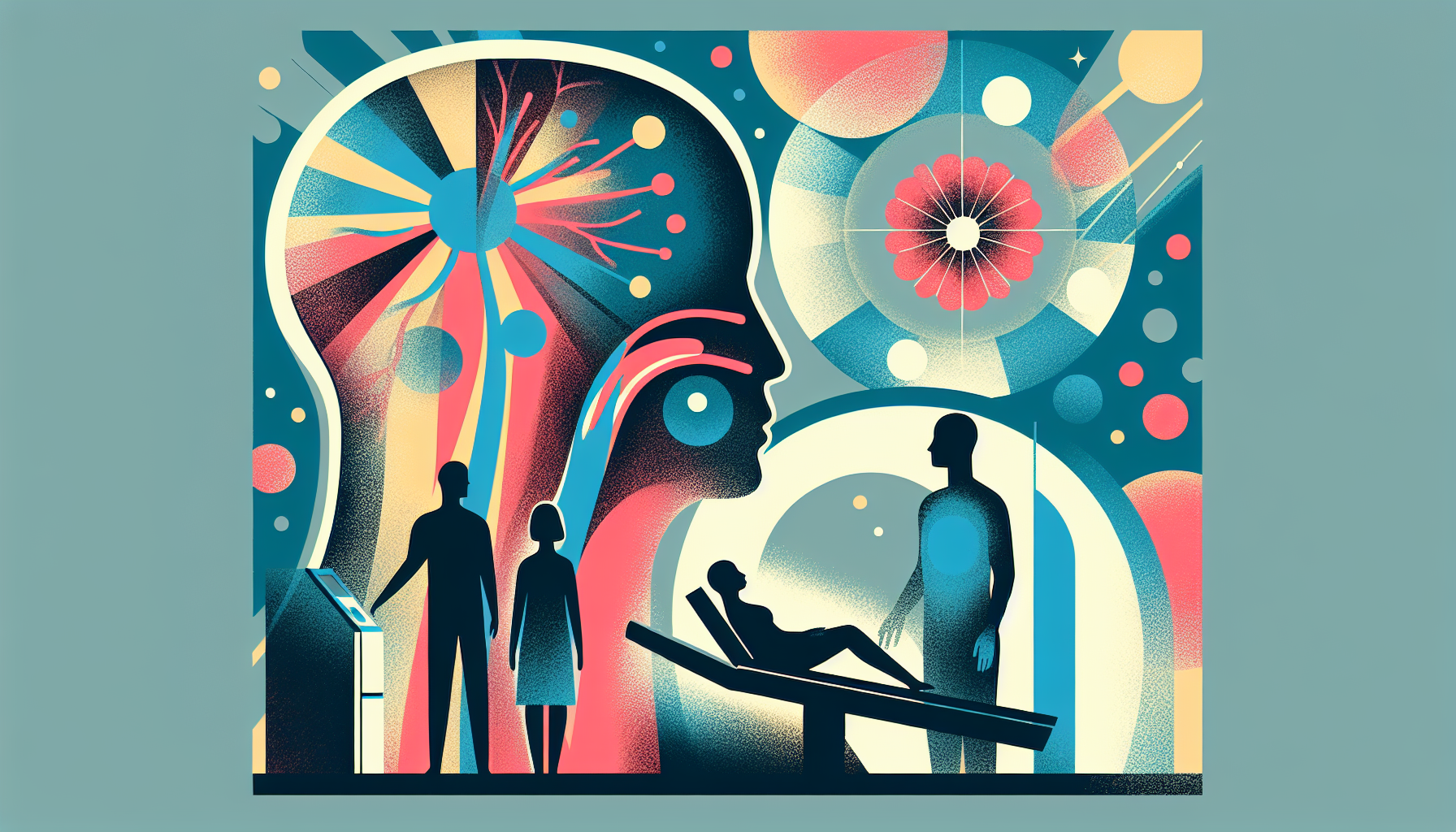Lung cancer is a serious disease that can be difficult to treat, especially if it is not caught early. However, a specialized type of CT scan can help detect lung cancer in its early stages, when it is most treatable. If you are at high risk for lung cancer, getting a CT scan may be a good option for you.
What is a CT Scan for Lung Cancer?
A CT scan, or computed tomography scan, is a type of medical imaging test that uses X-rays and computer technology to create detailed images of the inside of your body. A CT scan of the lungs can show small tumors or other abnormalities that may be signs of lung cancer.
Who Should Get a CT Scan for Lung Cancer?
Not everyone needs a CT scan for lung cancer. You may be a good candidate for this test if you meet the following criteria:
You are between the ages of 55 and 80
You have a history of heavy smoking (30 pack years or more)
You currently smoke or have quit within the past 15 years
You are in generally good health and able to undergo treatment if lung cancer is found
If you meet these criteria, talk to your doctor about whether a CT scan for lung cancer is right for you.
What are the Benefits of a CT Scan for Lung Cancer?
The main benefit of a CT scan for lung cancer is that it can detect the disease in its early stages, when it is most treatable. Studies have shown that people who get regular CT scans for lung cancer have a lower risk of dying from the disease than those who do not get screened.
Other benefits of a CT scan for lung cancer include:
It is a quick and painless test that does not require any special preparation
It can detect other lung problems, such as emphysema or pneumonia
It can give you peace of mind if the results are normal
What are the Risks of a CT Scan for Lung Cancer?
Like any medical test, a CT scan for lung cancer has some risks. These include:
Exposure to radiation, which can slightly increase your risk of cancer over time
False positive results, which can lead to unnecessary follow-up tests or procedures
Overdiagnosis, which means finding cancers that would not have caused any problems if they had not been found
Your doctor can help you weigh the benefits and risks of a CT scan for lung cancer based on your individual situation.
Where Can I Get a CT Scan for Lung Cancer?
If you and your doctor decide that a CT scan for lung cancer is right for you, it is important to get the test at a qualified center. Look for a center that has experience in performing CT scans for lung cancer and that follows guidelines from the American Cancer Society or other reputable organizations.
You can find a list of qualified centers in your area on the websites of the American College of Radiology or the Lung Cancer Alliance.
The Bottom Line
A CT scan for lung cancer can be a valuable tool for detecting the disease in its early stages, when it is most treatable. If you are at high risk for lung cancer and meet the criteria for screening, talk to your doctor about whether this test is right for you. Be sure to get screened at a qualified center and to discuss the benefits and risks of the test with your healthcare team.
The Bottom Line
Low-dose CT screening dramatically improves early detection and survival rates for high-risk smokers and recent quitters. The benefits significantly outweigh risks when proper eligibility criteria are met, though discussing individual risk factors with your doctor is essential. If you're wondering about your screening eligibility or have lung health concerns, Doctronic can help connect you with answers quickly.



